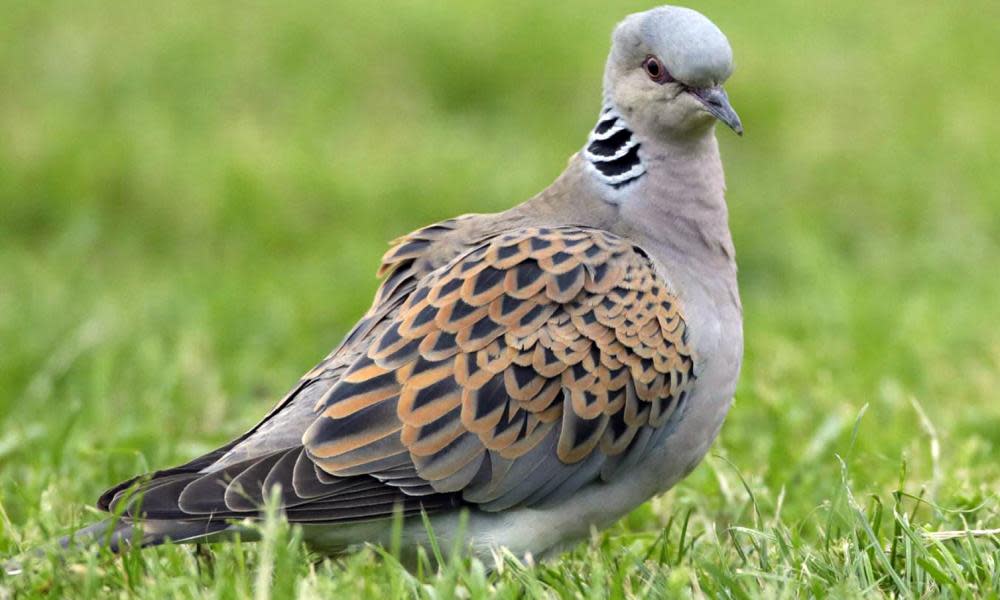Put nature at the heart of the education system | Letters

Michael McCarthy (Screens have led to a nature deficit. Kids need to be outdoors, 1 April) highlighted my idea of developing a GCSE in natural history. It is heartening that so many people agree. In response to those who see problems, ranging from the lack of suitably qualified teachers to natural history being just a subset of biology, I would like to stress that the situation for nature in the UK is so serious there is now no room for negativity. The State of Nature Report 2016 showed that Britain “is one of the most nature-depleted countries in the world”. Our children are growing up in a land that has seen a thinning out of the mass of nature by more than 50% in the past 40 years. There is less of everything – less song, less colour, less abundance. We must put nature back into the heart of the education system, and take it out of the realms of eccentric hobbies and into mainstream thinking.
Developing a nature qualification will be challenging, but it will be worth every furrowed brow if we encourage future generations of young people to be more attuned to the world around them and have the knowledge to protect it. See petition.parliament.uk/petitions/176749.
Mary Colwell
Producer and writer, Bristol
• Michael McCarthy is spot-on to recognise that screens have contributed to a nature deficit. Unfortunately, this also includes many adults – even farmers and landowners.
In the classroom, biology lost its connection with nature with the exploration of cellular activity and chemical pathways. Zoology and botany became one, all concentrated at the end of an electron microscope. There was then no time for observing nature, so children lost their nature tables and their outdoor classrooms.
There may be no time for nature on the GCSE syllabus (although why the school day is not at least an hour longer is a mystery to me), but nature study should certainly become part of infant and junior education. Some of us oldies might even teach it.
Melanie Oxley
Petersfield, Hampshire
• At my country school in Buckinghamshire we had regular nature walks from the earliest years. West Wycombe hill opposite the school was our break and lunchtime playground, where we roamed in all directions, collecting “eating grass”, whacking fungus off trees and decapitating toadstools. I spent half my time in the woods, making camps, riding “bogies” made with old pram wheels, climbing trees, and following birds and squirrels. I am sure those 11 years in easy contact with nature gave me autonomy and self-assurance.
I was told in 1996 that the school no longer used the hill as a playground, “because of dogs”, though I suspect that stranger danger had a bigger part to play.
As for a GCSE in natural history – start in primary school.
John Comer
Birmingham
• Join the debate – email guardian.letters@theguardian.com
• Read more Guardian letters – click here to visit gu.com/letters

 Yahoo News
Yahoo News 